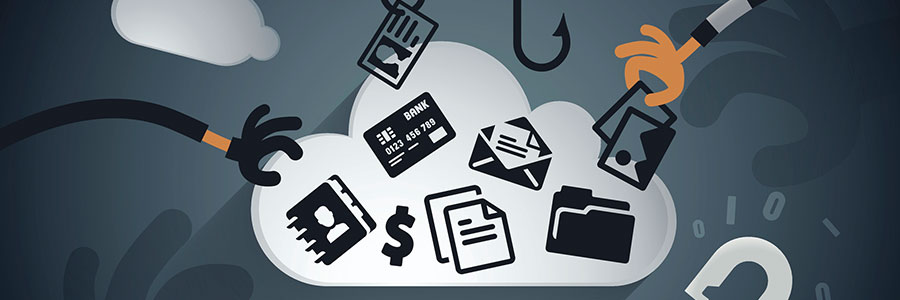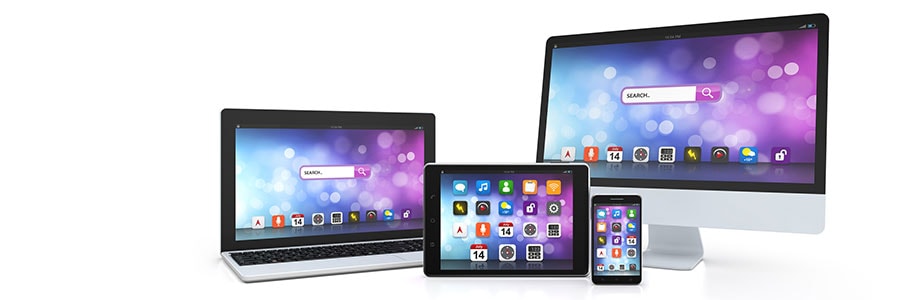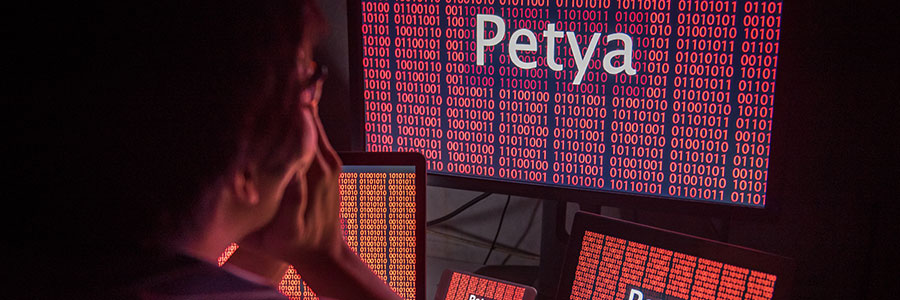Spectre and Meltdown are critical security flaws that affect a majority of computers today, including the one you’re using to read this. They can leak your passwords and other sensitive data, which is why software companies are working on security patches.
Spectre & Meltdown: how to protect yourself
Tips to protect your smartphone
Phishers use encrypted sites to scam

Just when you thought cyber criminals couldn’t get smarter, along comes a new scamming technique. Previously used for safeguarding browsing activity, encryption tools are now used by hackers in carrying out phishing scams. This means some fraudulent sites may have HTTPS on their address, giving users a false sense of security.
A keylogger found in HP laptops

Are you using an HP laptop? If so, your machine might have a keylogger pre-installed. This means every stroke you hit on your keyboard can be recorded and your passwords and personal details can be exposed. But don’t panic. We’re about to tell you how to remove it while educating you about this sneaky software and how to steer clear from it.
Key points from Protenus’ new report!

In November 2017, healthcare data security and privacy company Protenus released a report on the most common security breaches in healthcare. Here are a few key takeaways.
Insiders are a bigger threat than hackers
Protenus is one of the largest security vendors for electronic health records (EHRs) and their mid-year review sheds some important light on the most common types of security breaches in healthcare.
Essential macOS High Sierra updates

The macOS 10.13.1 High Sierra update “improves the security, stability, and reliability of your Mac and is recommended for all users.” This is a standard message in most operating system updates, but users seldom pay heed. This time, however, Apple’s latest Mac OS includes a security update that’s essential to keeping your devices safe from KRACK.
Why you should update now
Foremost on Apple’s list of macOS updates is the addition of 70 new emojis.
Watch out! More ransomware attacks incoming

Ever since the WannaCry and Petya ransomware outbreaks, healthcare organizations have been on their toes. But just when they thought they could relax, a new strain of ransomware has come along. A “Locky-variant” ransomware campaign is currently underway, and it’s every bit as dangerous as previous ransomware attacks.
How to protect your VoIP system from phishing

Your business may be well-armed against email-based phishing scams, but you shouldn’t neglect your VoIP (Voice over Internet Protocol) systems. Through ‘vishing scams,’ hackers can disguise themselves as a bank representative and convince your employees to provide confidential financial details via a seemingly harmless VoIP call.
What you need to know about malware

You’ve all heard of viruses, spyware, ransomware and trojans. But did you know that they’re all types of malware? They’re all designed to ruin your digital life, but different types of malware put your computer at risk in different ways. Understanding what sets them apart can keep your business guarded.
Why Nyetya is more threatening than WannaCry
- 1
- 2



